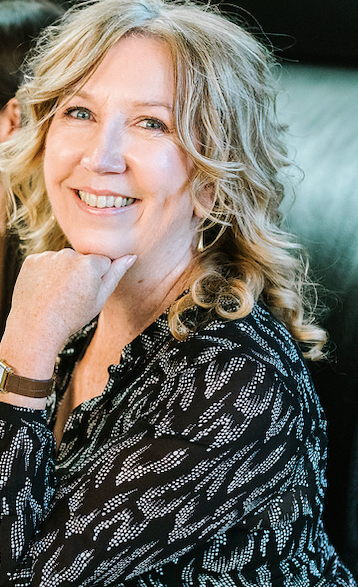Mental health support at your fingertips
Increased demand for mental health services can make it difficult for people to access the help when they need it most. The eCliPSE online portal is solving this problem by providing users with free programs and self-help tools 24/7.
Over 8 million people in Australia have experienced a mental disorder at some point in their lives, with the COVID-19 pandemic exacerbating depression, anxiety, and psychological distress. And as states were locked down to slow the spread, alcohol and drug use spiked and domestic violence became a “hidden pandemic”.
On top of that, already stretched mental health services struggled to keep up with the surging demand. Enter the eCliPSE project, a web platform developed by NSW researchers that connects users to free mental health screening, online treatments, self-help resources, and local community services 24/7.
The platform’s nine eHealth programs are tailored to address alcohol and substance abuse, domestic violence, trauma, depression, and anxiety. Those seeking support can start their journey by taking an optional quiz on the eCliPSE website to find the most suitable treatment programs for their needs. They can also use their quiz results to create a letter to give to their GP.
While there is already an abundance of mental health resources on the web, a major point of difference with eCliPSE is that its screenings and programs are based on solid scientific evidence, says Dr Dara Sampson, a social worker at the University of Newcastle who is part of the eCliPSE team.

“There’s a lot of material out there that no doubt serves a purpose,” says Dr Sampson. “But people might think that it’s been developed by clinicians, researchers, and practitioners when in actual fact it hasn’t,” says Dr Sampson.
While eCliPSE is grounded in over a decade’s worth of research, the pandemic has ushered in a new phase of expansion. In 2021, the eCliPSE project was awarded a COVID-19 Research Grant from NSW Health to create a new program to support those struggling with depression, anxiety, and alcohol use.
The platform has also been scaled up and refined to include more programs and resources, including COVID-19 factsheets on how to manage uncertainty and anxiety, working from home, and supporting children. The eCliPSE team also developed a new domestic violence program in response to rising cases during lockdowns. The module provides victims and those close to them information about how they can support themselves, the red flags to look out for, and where to get help.

Additionally, the team have expanded the Family and Friend Support Programs (FFSP), a set of online interventions and support packages originally designed to help those supporting a loved one who is using ice. “We broadened that to include alcohol and other drugs, because we knew that people were using more alcohol during COVID,” says Dr Sampson.
While each program has been shown to be effective individually, the team are now trialling all nine programs together across the 15 local health districts across NSW with funding from the Commonwealth Department of Health, NHMRC, and Beyond Blue.
In 2022, the eCliPSE project was also awarded a grant from the Ramsay Hospital Research Foundation to run a randomised controlled trial that will explore the factors that impact people’s ability to access digital interventions for depression, anxiety, and alcohol or substance use. The aim is to implement eCliPSE across the public and private health system in NSW to create a more streamlined and integrated gateway to mental health services. Dr Sampson says that rolling out eCliPSE more widely would not only benefit patients, but mental health practitioners too, particularly in future pandemics.
“We want this to be a supportive complement to face-to-face services,” says Dr Sampson. “It could also help with waiting lists and help people who aren’t acutely unwell, but who could benefit from using the programs. It could also be a stopgap measure in between consultations with practitioners.”
Updated 2 years ago